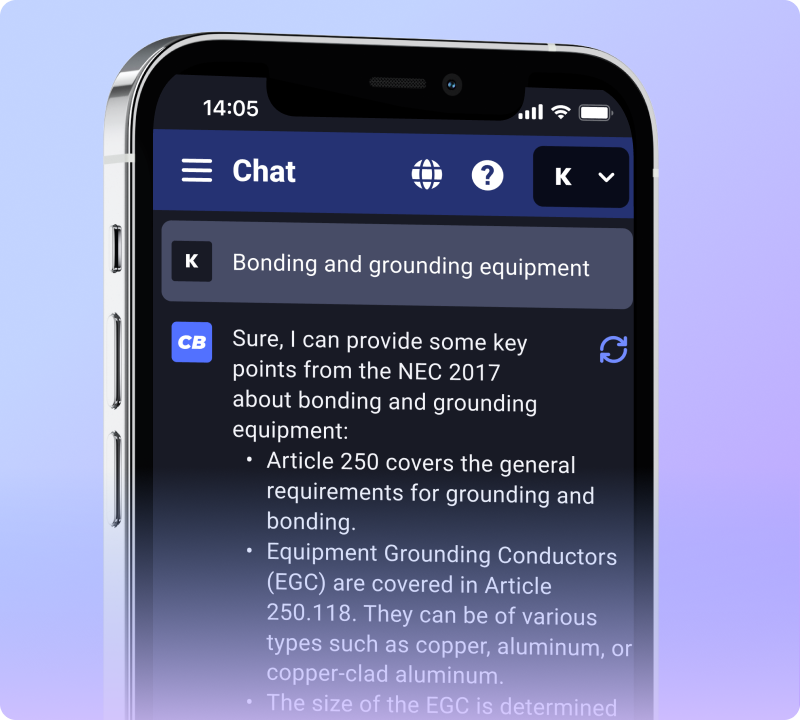The National Electrical Code (NEC) sets the standard for safe electrical design, installation, and inspection in the United States. But who is responsible for enforcing these critical safety standards? Let’s dive into the authorities tasked with ensuring NEC compliance.
Local Building Departments: The Frontline Enforcers
Primarily, local building departments play a pivotal role in NEC enforcement. These departments are responsible for:
- Issuing permits for electrical work.
- Conducting inspections to verify NEC compliance.
- Ensuring electrical work meets the safety standards as outlined in the NEC.
State Governments: Oversight and Uniformity
In some regions, state governments oversee the enforcement of the NEC through statewide building codes. This approach promotes uniformity across larger areas and involves:
- Statewide adoption of the NEC, sometimes with regional amendments.
- Oversight of local enforcement activities.
- Coordination with local building departments for consistent enforcement.
Licensing Boards: Maintaining Professional Standards
State or local licensing boards are also crucial in enforcing the NEC. They:
- Issue licenses to electricians and electrical contractors.
- Ensure licensed professionals adhere to NEC standards.
- Take disciplinary action against those who violate code requirements.
Specialized Electrical Inspectors
In some jurisdictions, specialized electrical inspectors focus exclusively on electrical systems. They ensure:
- Strict adherence to the NEC.
- High standards of electrical safety in installations.
Conclusion
Understanding who enforces the NEC is vital for electrical business owners, construction workers, project managers, engineers, journeymen, master electricians, and apprentices. Adhering to these standards is not just a legal requirement but a commitment to safety.


